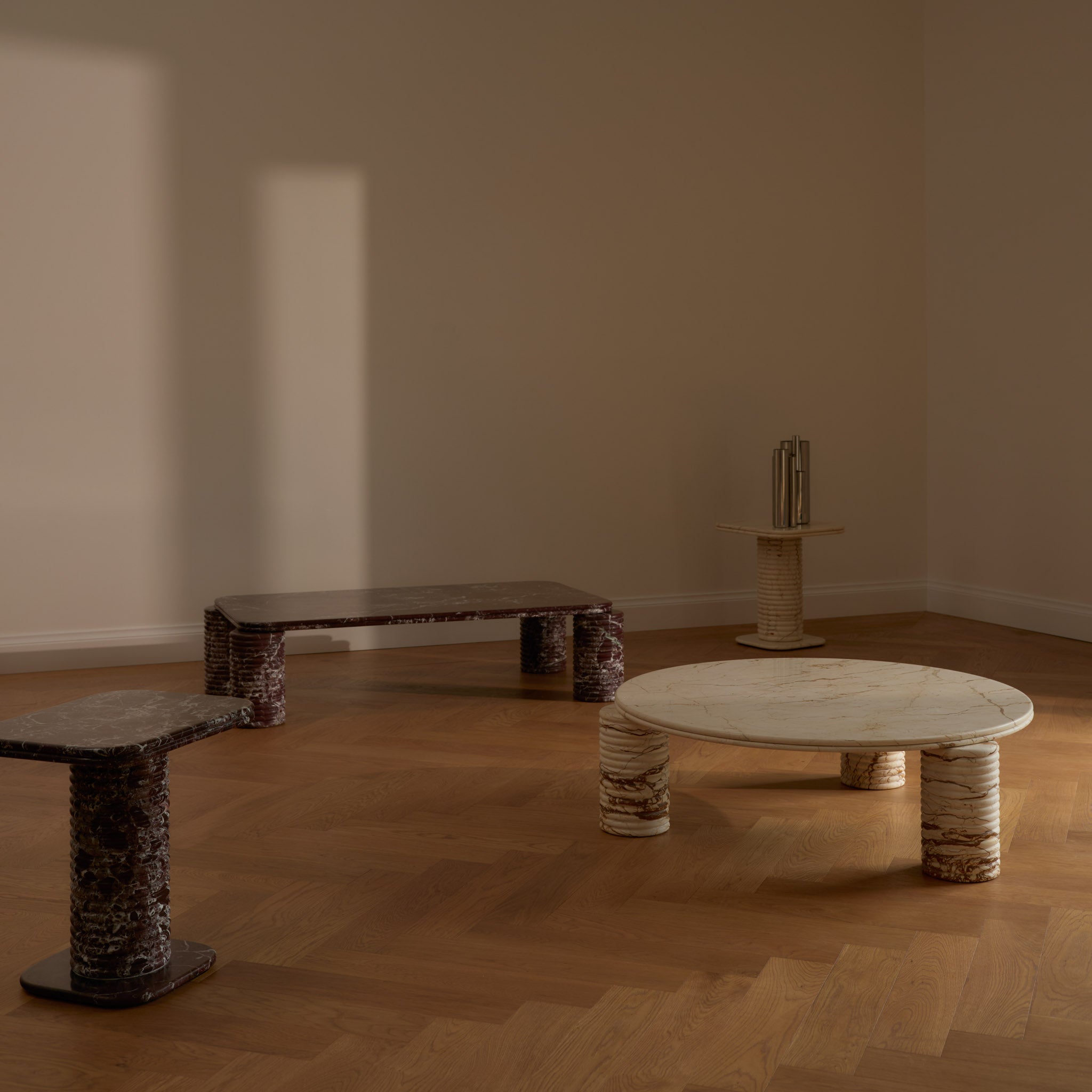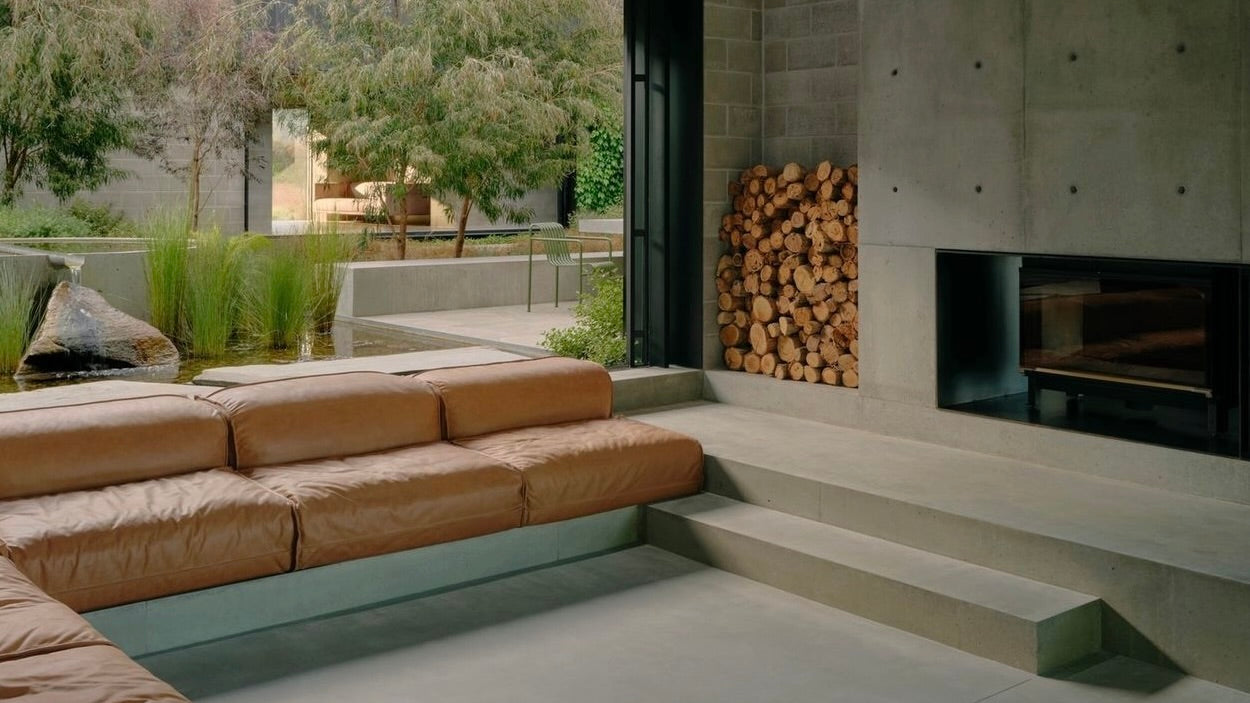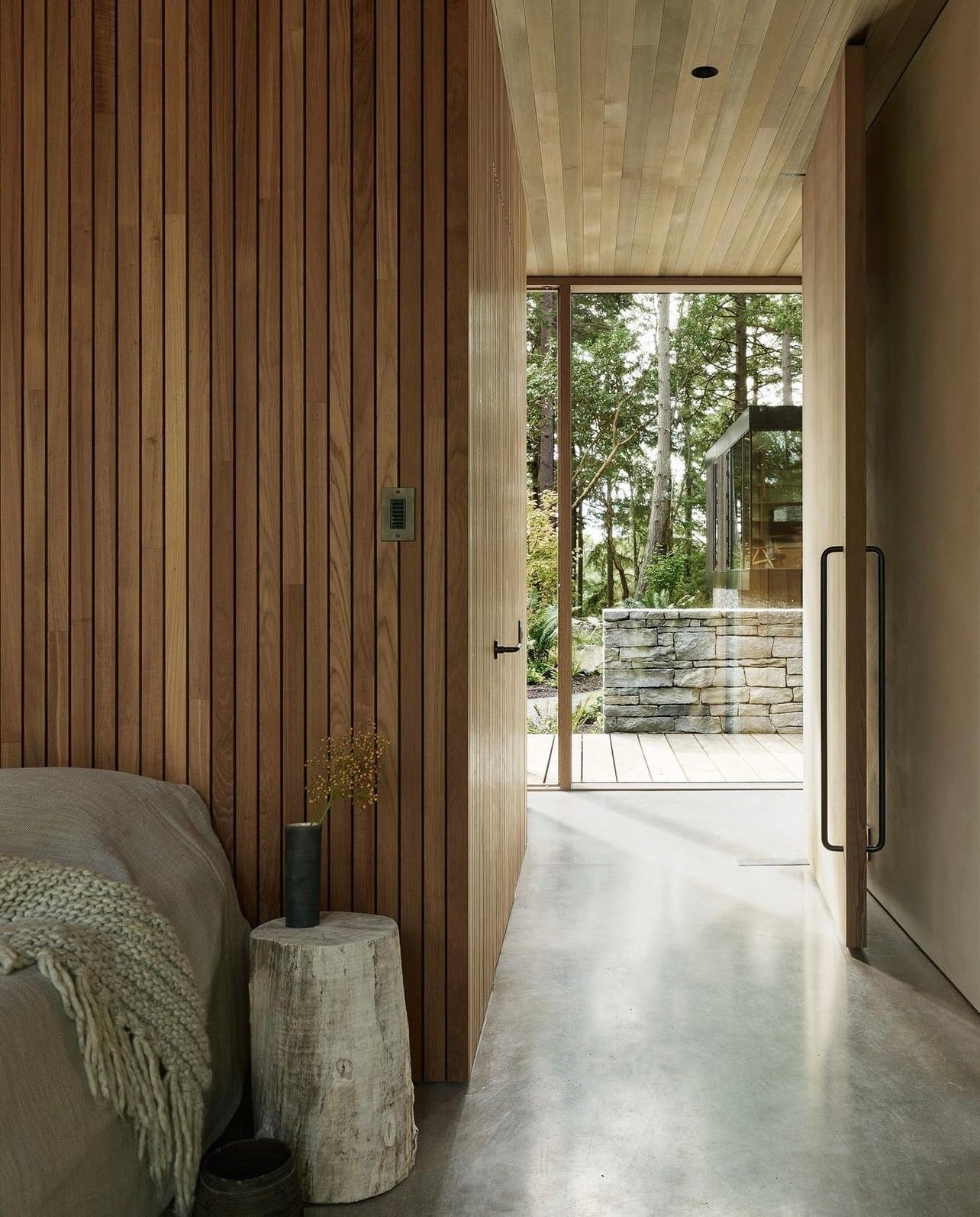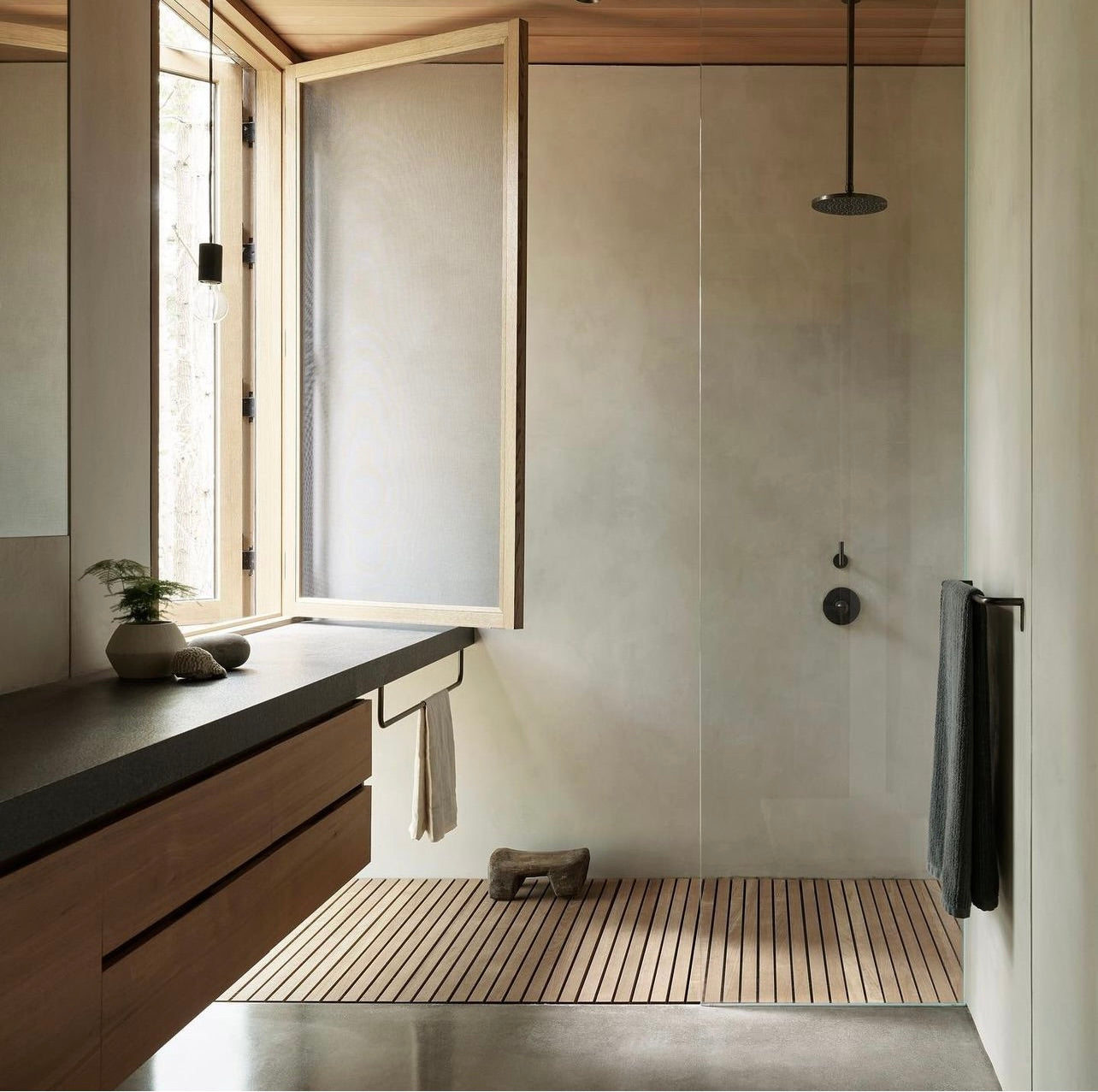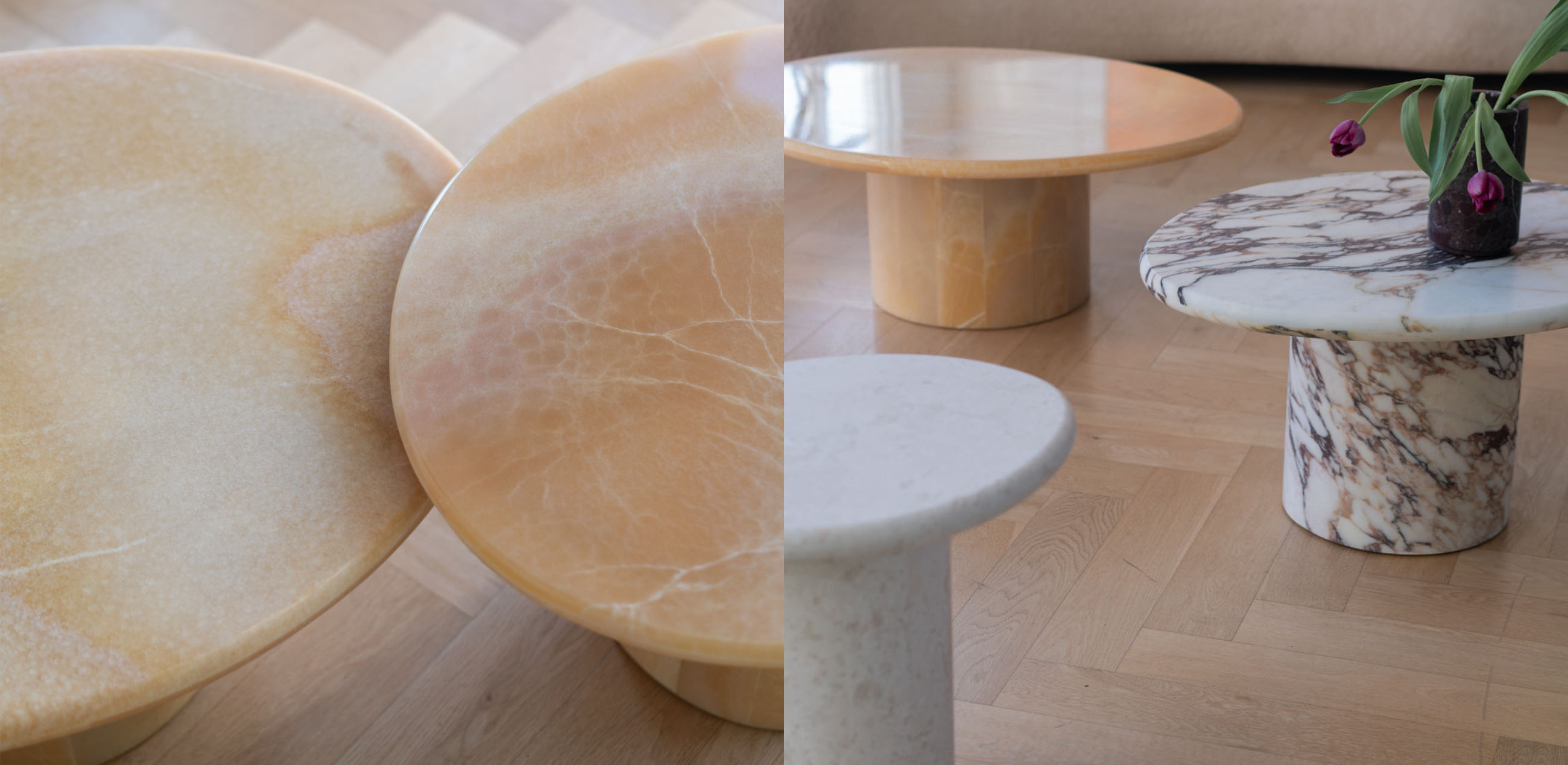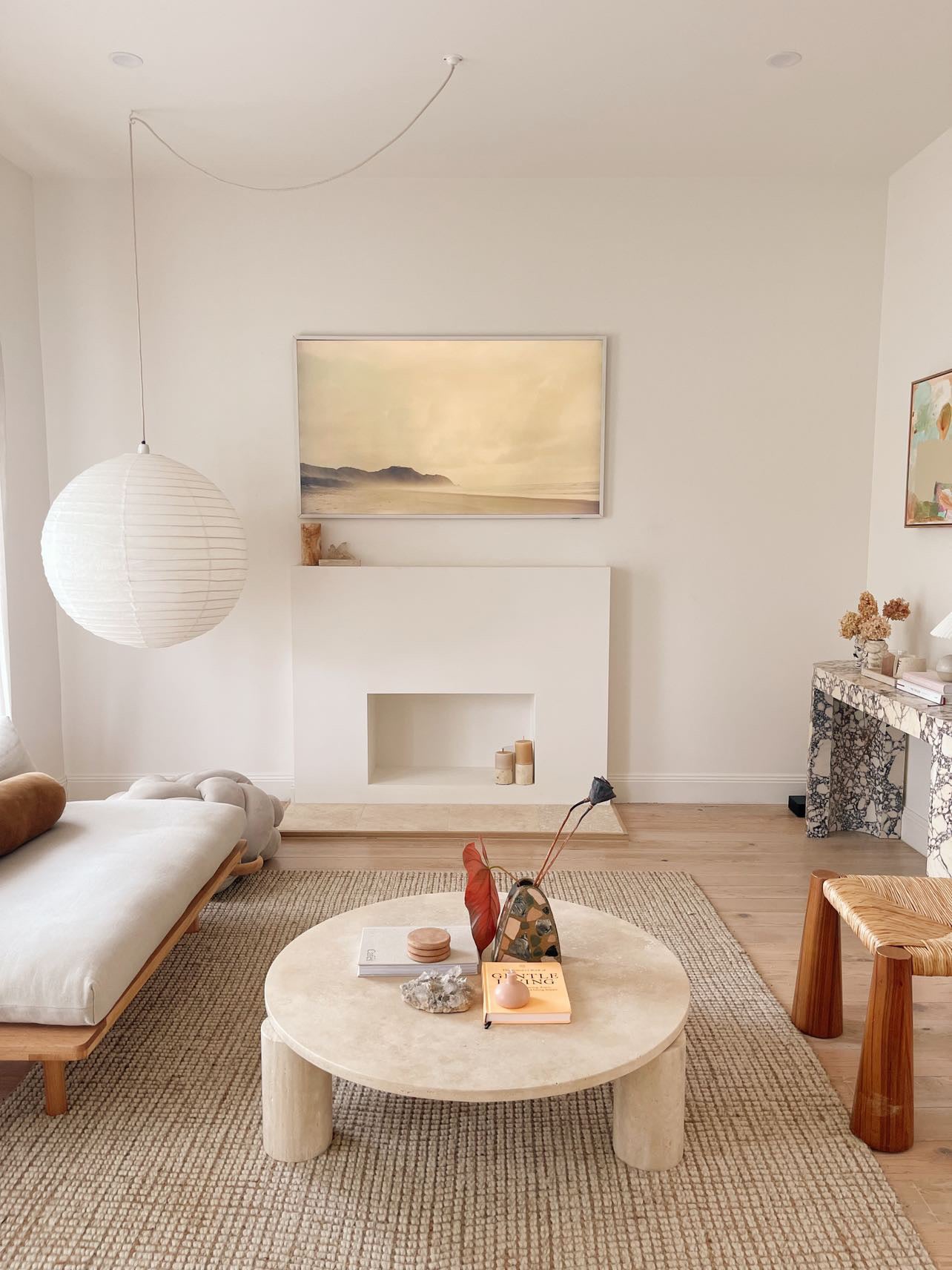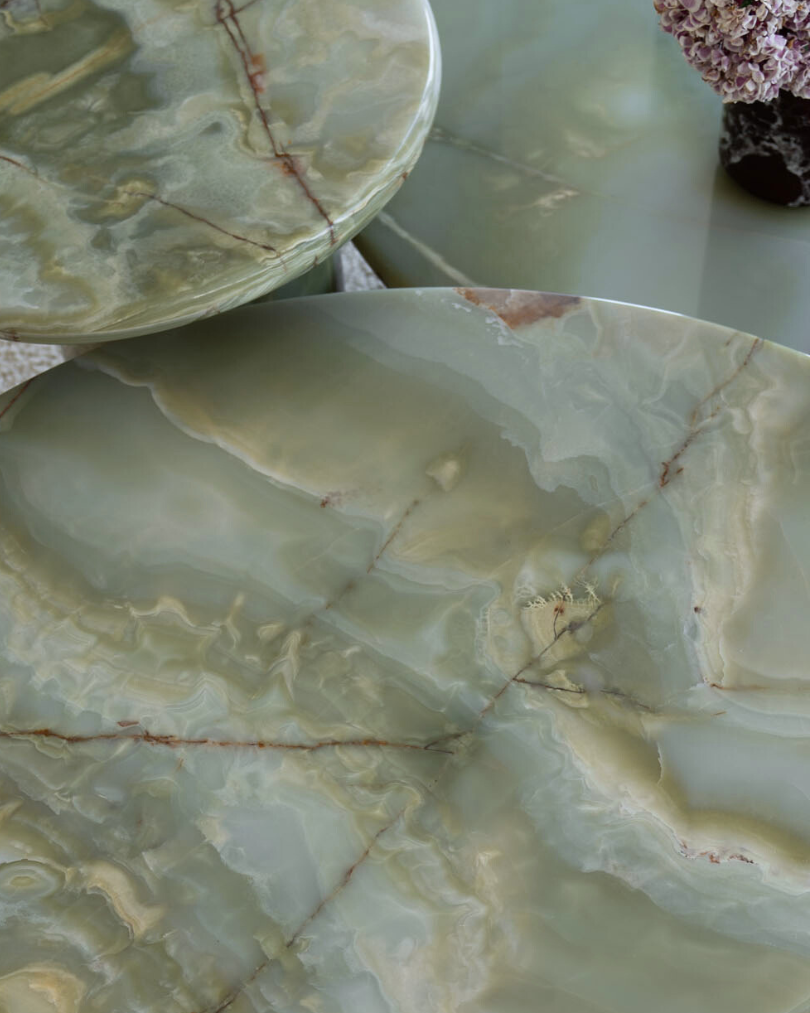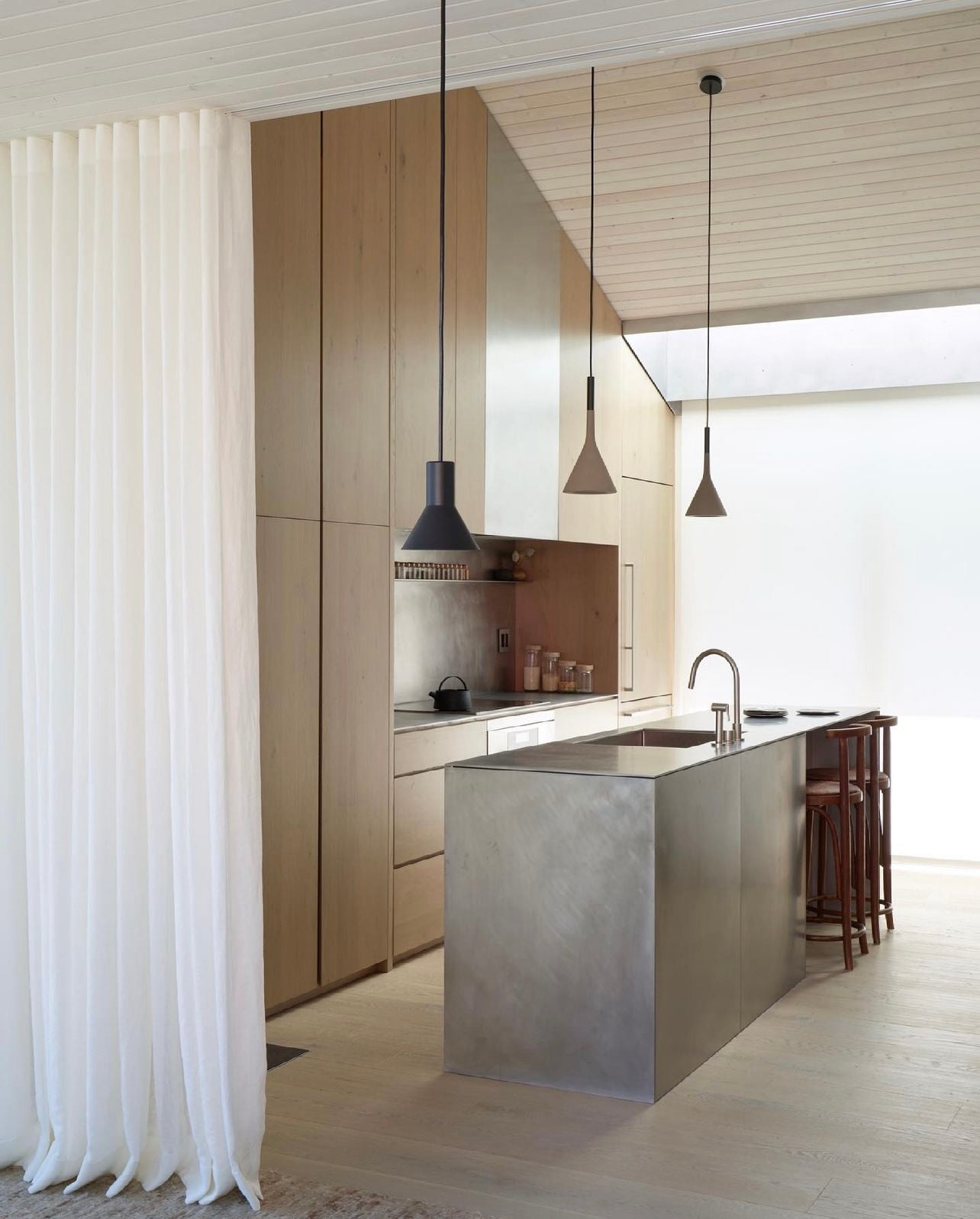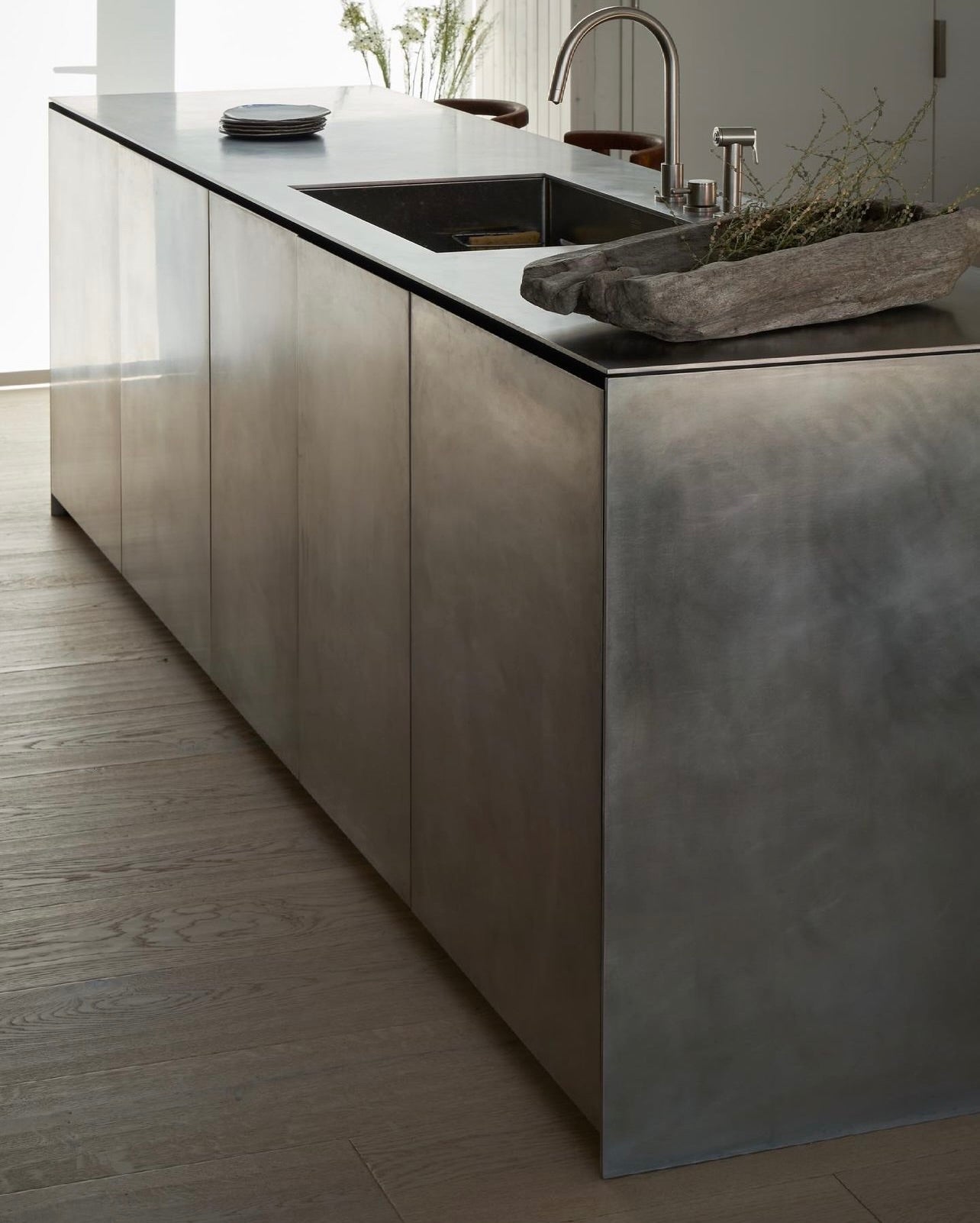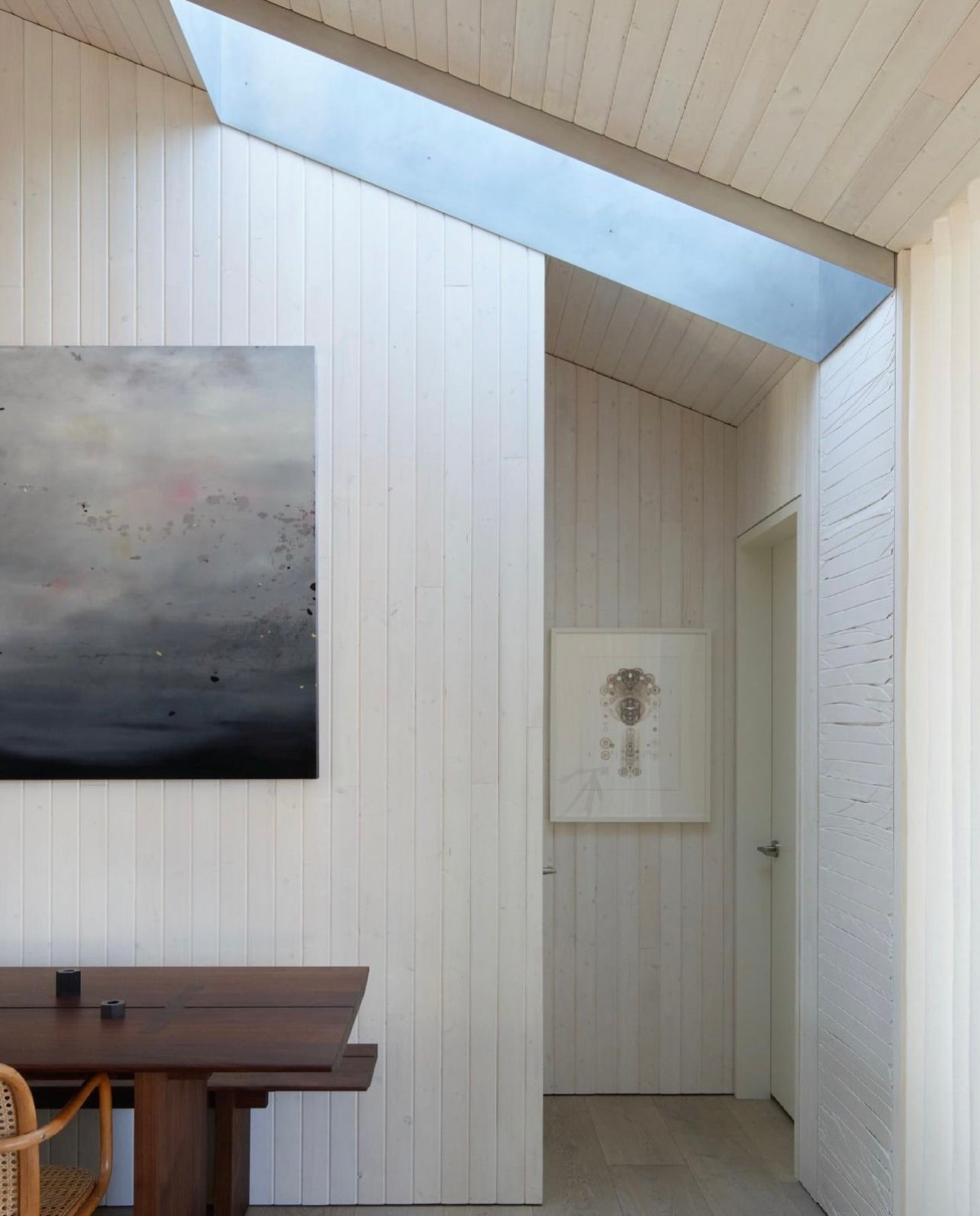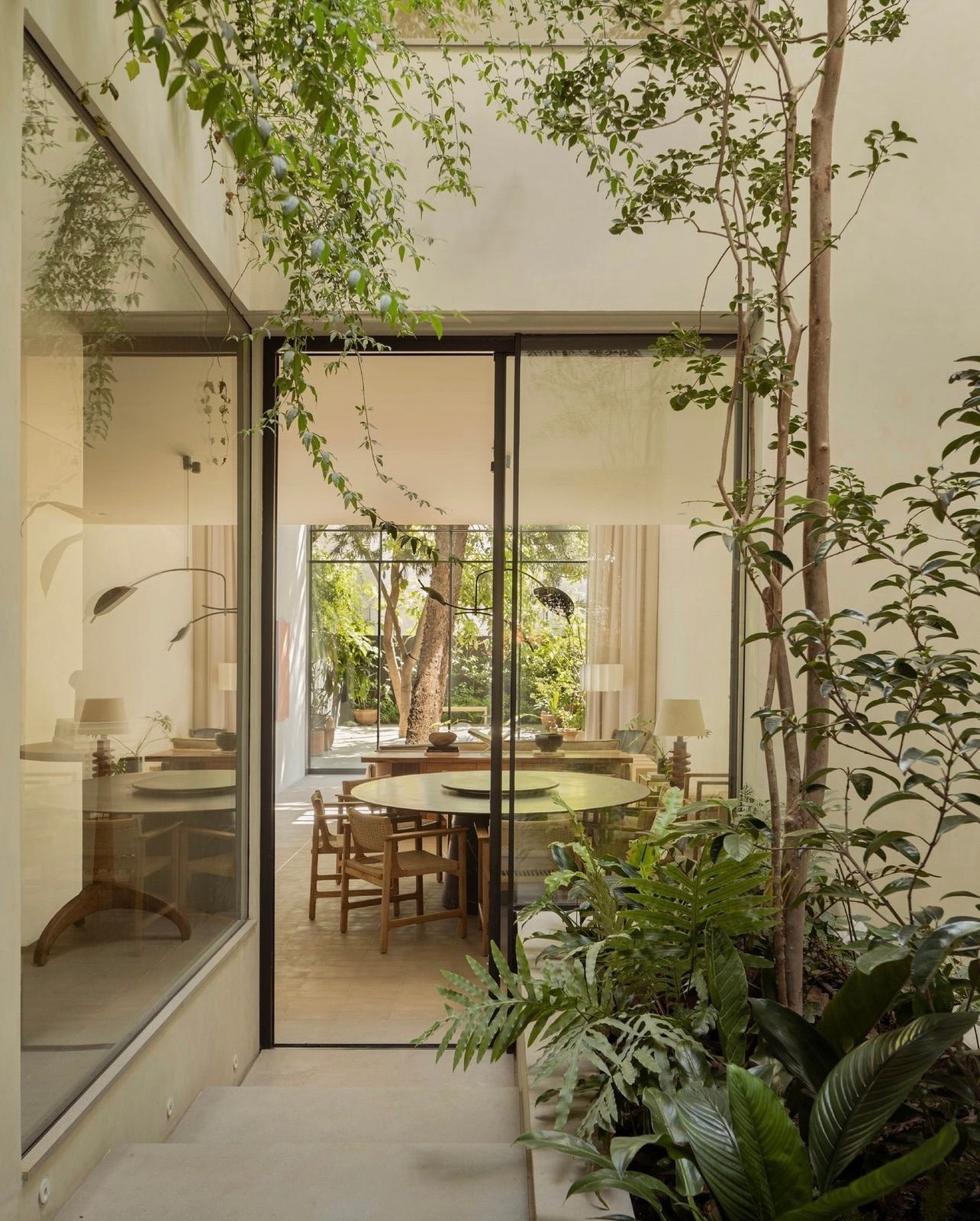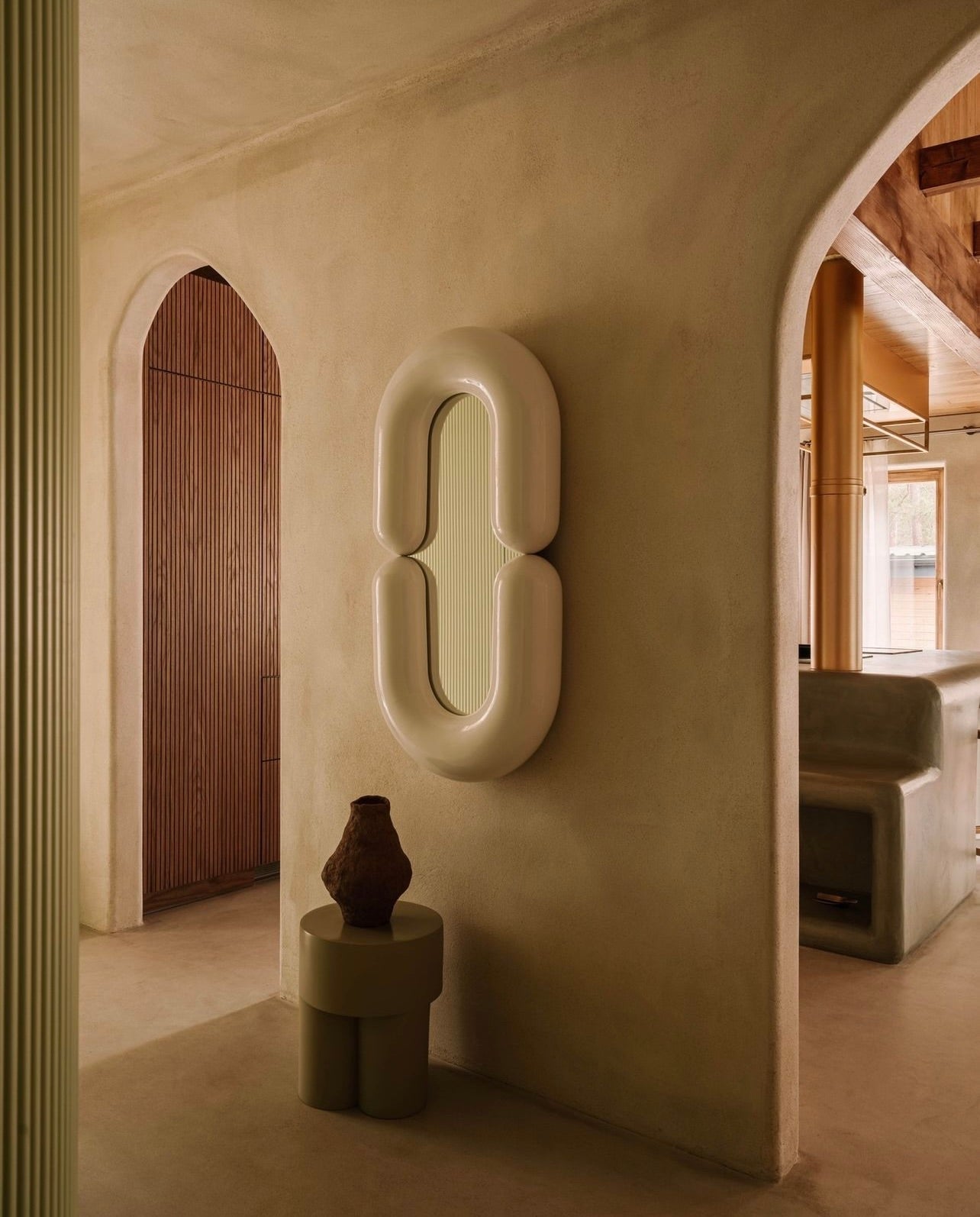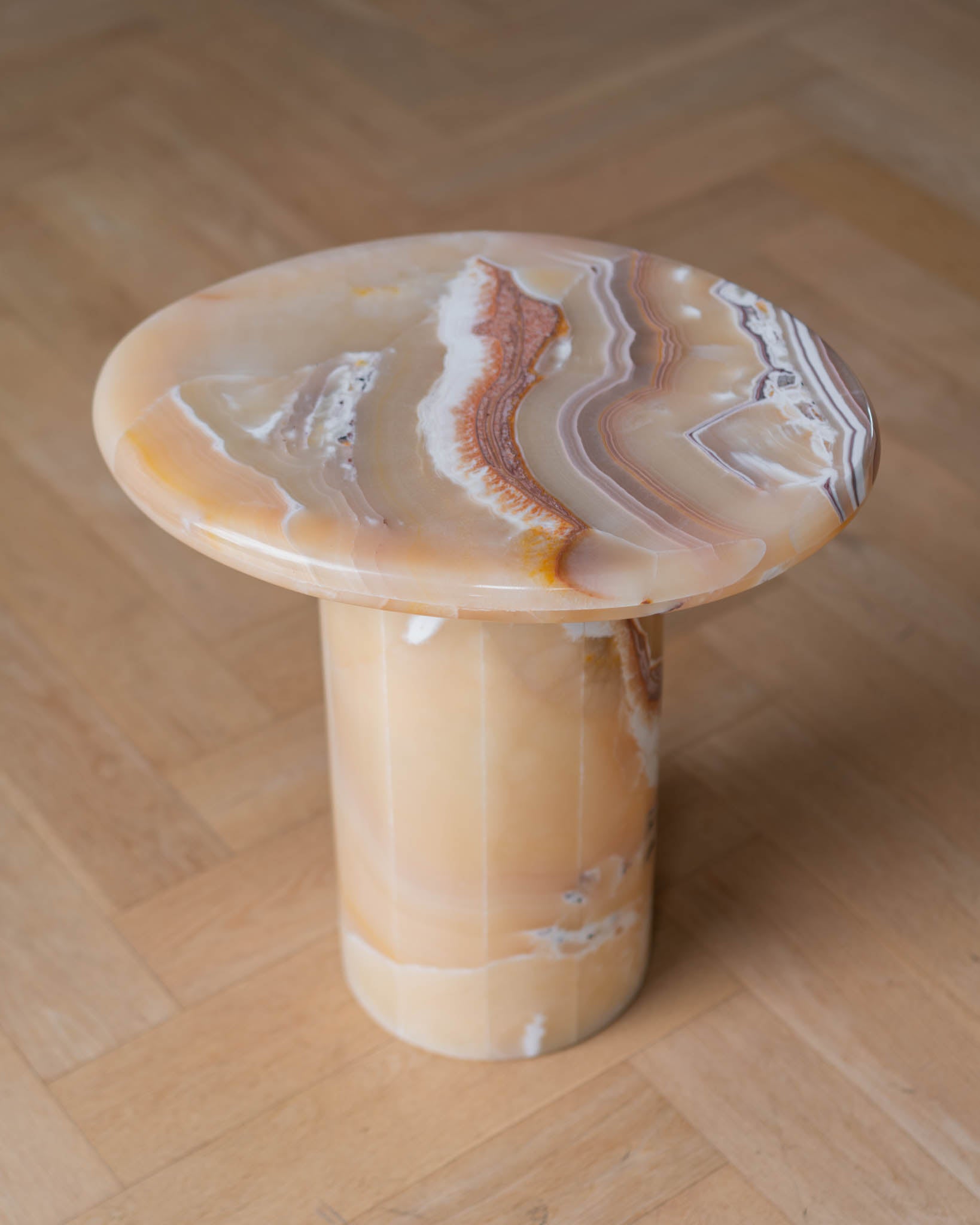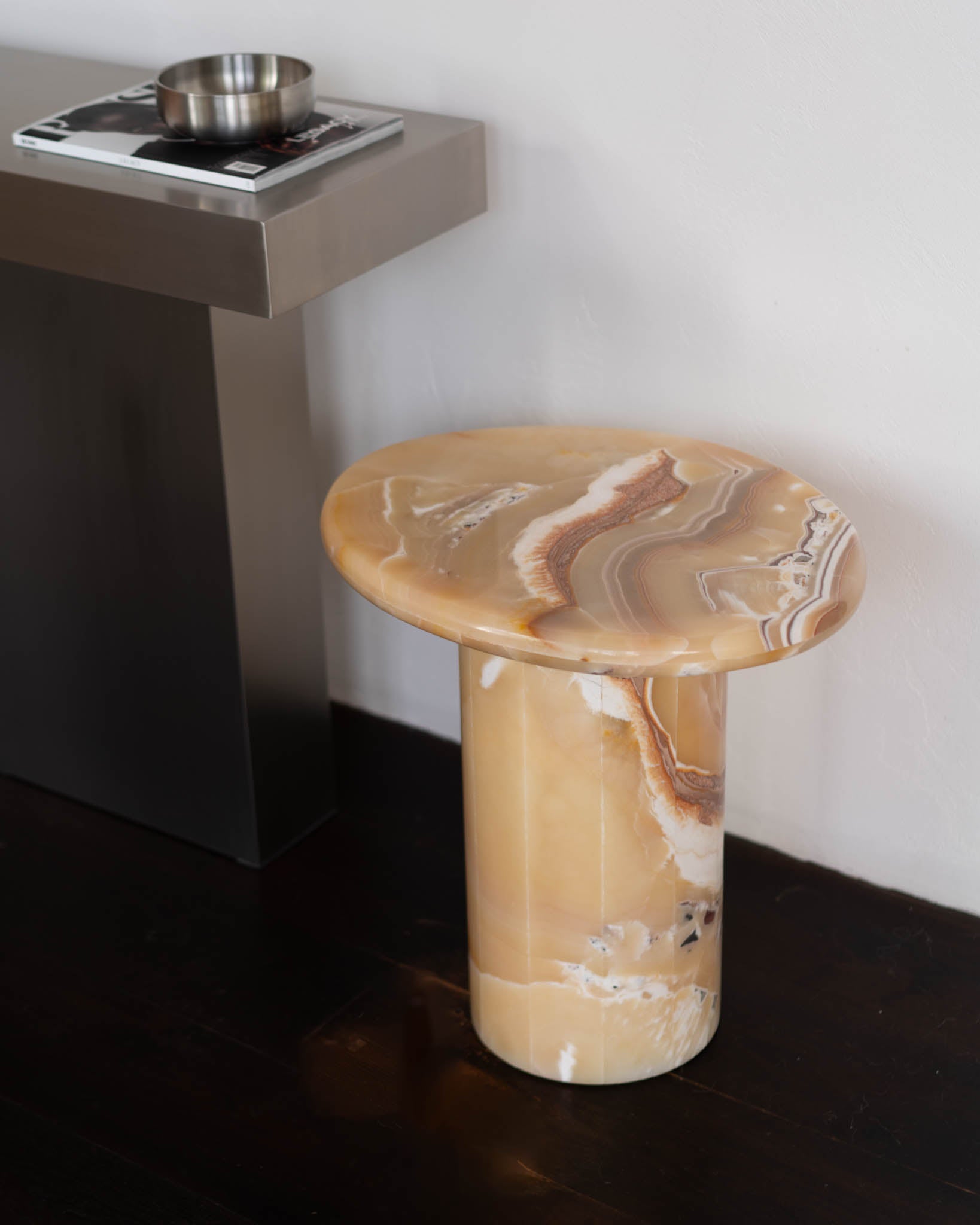How to Incorporate Wabi-Sabi Interior Design into Your Home
“Wabi-sabi" is a deep-rooted Japanese philosophy, celebrating the beauty in imperfection.
'Wabi' refers to the act of living with humility, simplicity and a profound connection to nature, while 'Sabi' embraces the natural cycle of existence, flaws and all.
Capturing the essence of wabi-sabi in home decor is a way of life rather than a set of strict rules. The principals are easily applied to a space. Embracing imperfection, impermanence and simplicity become the priority.
Wabi-Sabi doesn't conform to a rigid design definition, but instead requires patience and a letting go of perfection.
Cultivating a serene and authentic living space that embodies this for simplicity and authenticity to become a conscious choice. The doctrines support a healthy and more meaningful lifestyle.
By choosing to find beauty in imperfection, we are forced to develop a deeper connection with the pieces in our homes, as well as the earth and nature that inspired it all.
“It is a state of mind where nature is the main source of inspiration. As architects, we therefore choose natural and raw materials (wood, stone, concrete, etc.) over imitations. Consequently, our clients have to accept that these materials carry imperfections, are not all identical and that they will live over time—this patina will only make them more beautiful.”
Heju Studio founders Hélène Pinaud and Julien Schwartzmann stated to Vogue.
What are the elements of wabi-sabi design?
In wabi-sabi, natural materials, minimalism, and asymmetry take center stage. Organic textures, earthy colours and the presence of cracks and tears are embraced, valuing the passage of time and the beauty that comes with accepting the cycle of growth and decay.
Unpretentiousness and a focus on the the way things are, rather than the way they should be.
Personality and origin must trump the price tag where furniture is concerned - simply focus on the essence of the object itself; the material and how it was made. Pay attention to where it came from.
Our Wabi features organic shapes and unique natural veins.
7 Key Aesthetic Elements
Fukinsei - asymmetry & irregularity represented by nature
Kanso - simplicity and eliminating fluff or useless things.
Kokou - beauty that oozes from old things no matter how they look.
Shizen - naturalness and innocence based on the laws of nature.
Yugen - mysterious sense of beauty that is hidden behind appearance.
Datsuzoku - freedom so as to perceive without convention.
Seijaku - tranquillity, solitude and calmness to accept everything.
Be intentional
Wabi-Sabi notes every design element serves purpose and holds meaning. It's about curating a space that reflects your values and evokes a sense of tranquility. Choose natural and living materials. Use a palette issued from nature. Eliminate clutter and be content with minimal. Accept growth and decay, supporting things in aging gracefully and continuing to find beauty in the unique imperfections.
The power of minimalism
Curate minimalism by decluttering and focusing on essential items that bring joy and purpose to your space. Have fewer but longer lasting, high quality items. Less is more. Choose pieces with character that serve as functional art. Invest with intention. Select items that serve a specific purpose or hold personal significance.
Nature's decoration
Utilise the resources provided already. Choose linen drapes over thick curtains over the window to embrace the natural light. Opt for large, open windows to bring the outside in. Incorporate simple organic materials where possible to accentuate their natural beauty and unique characteristics.
Timeless Allure
Choosing items that age timelessly is a key concept in wabi-sabi. By selecting pieces that have enduring appeal and timelessness, you can ensure that your space ages gracefully, without chasing to keep up with trends. Prioritise high-quality, durable materials. Curate pieces that will allude time to become future heirlooms.
Create your sanctuary
Wabi-Sabi embraces the longevity and permanence of pieces that make your space feel like home. Your home is your sanctuary and should provide a feeling of comfort. Hold onto pieces that support this. Don't bin something that holds sentiment because it doesn't fit your interior.
By adopting intentional decor practices in line with wabi-sabi, you can invite a sense of mindfulness, simplicity, and authenticity into your home, allowing for a more balanced and harmonious living environment.
